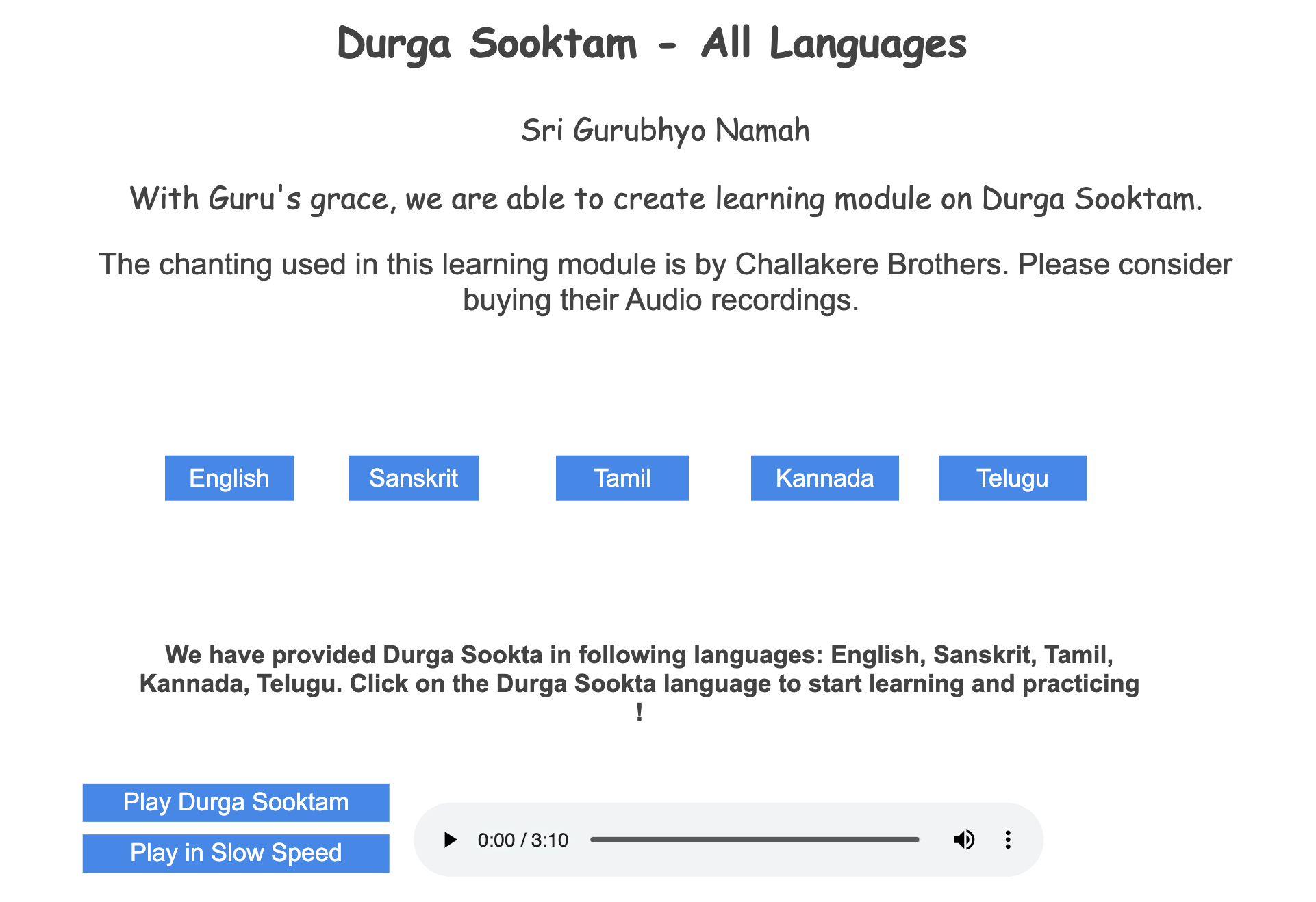Durgā Sūktam: A Hymn to the Fiery Goddess
Source: speakingtree
We revere Durga Suktam as a hymn to Goddess Durga, and recite it during Navarathri (the festival of nine nights dedicated to the mother goddess), along with the recitation of Durga Saptashati (i.e., Devi Mahatmyam) and also at other times during aarati, abhisheka and puja (various forms of worship) to Goddess Durga. Durga Suktam is the oldest hymn that refers to a goddess by name Durga.
Durga Suktam is a set of seven verses from the second anuvaaka (section) of Mahanarayana Upanishad followed by the Durga Gayatri Mantra. Only the second verse therein (apart from the Durga Gayatri Mantra) refers to a goddess by name Durga. Here (i.e., in the second verse), Durga is referred to as the one who is the colour of fire, the blazing one, the giver of one’s fruits of actions (i.e., fruits of yagnas – yagnaphala) and as the one who tides us across our difficulties. There is no mention of the Durga that we know of from Durga Saptashati, i.e., the warrior goddess who vanquished Mahishasura, Shumbha and Nishumbha. On the contrary, five of the seven verses very clearly address Agni or Jaataveda, the god of fire.
Mahanarayana Upanishad is itself the 10th chapter of the Taittiriya Aranyaka, which forms part of the Taittiriya shaakha (recension) of Krishna Yajurveda. Five of the seven verses, i.e., the first, third, fourth, fifth and sixth, are found scattered across different places in the Rig Veda, Krishna Yajurveda and Atharva Veda, and are put together once again here, in a logical sequence.
Durga Suktam is primarily a prayer to the fire god Agni, to protect us from difficulties and obstacles. The root word ‘durga’ appears five times in the seven verses of the Durga Suktam. However, in three of these instances, the word appears as ‘durgaani’ (i.e., difficulties – in the neuter gender), and once as ‘durgahaa’ (i.e., remover of difficulties – as an epithet to Agni). It is also possible that this set of verses initially came to be called Durga Suktam, because five of the seven verses had the term ‘Durga’ in some form or the other.
Even in the second verse, where there is reference to Durga as a goddess, she is referred to as blazing, being the colour of fire and as the daughter of fire. The word Durga is also otherwise used to mean a type of consecrated fire adopted in the fire rituals (yagnas). It is therefore questionable, whether the devi (goddess) Durga referred to here is actually Durga the slayer of Mahishasura, or fire itself (i.e., Agni) in the feminine form.
Mahanarayana Upanishad is evidently much older to Markandeya Purana in which the story of Mahishasuramardini (slayer of Mahishasura) appears. Therefore, Durga Suktam can be viewed as the earliest hymn that refers to Durga as a goddess, perhaps in her initial form, when she was viewed as a kind of fire. Nonetheless, by popular practice, Durga Suktam is chanted as a prayer to Goddess Durga (viewed as Mahishasuramardini) and not as a hymn to Agni, and therefore, it is this convention that prevails.


